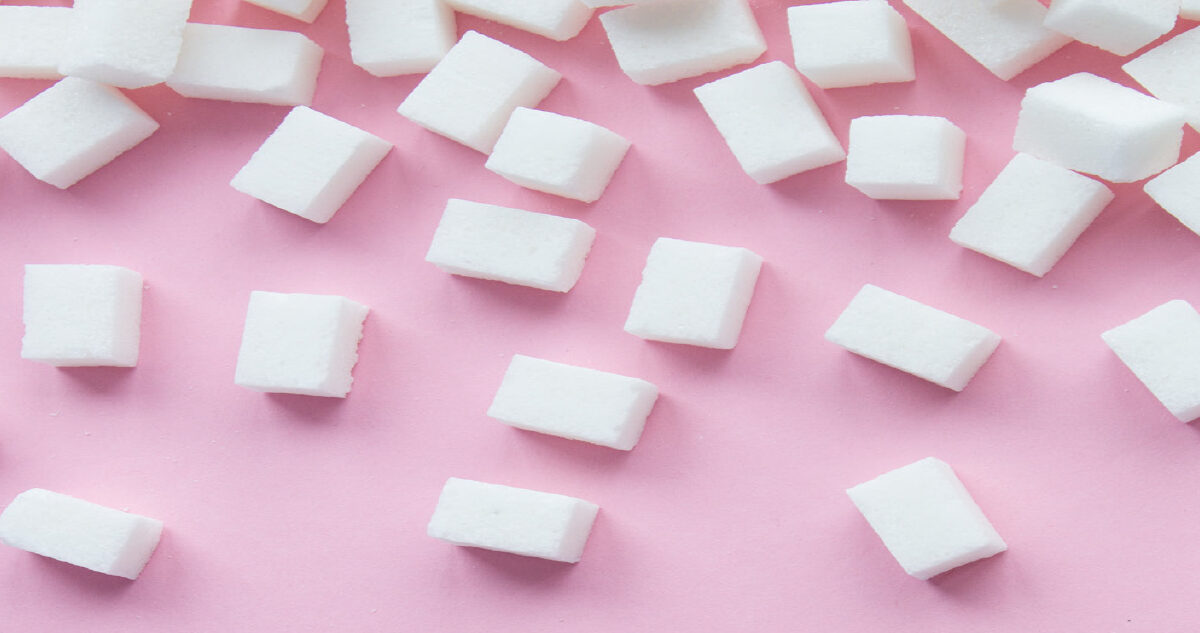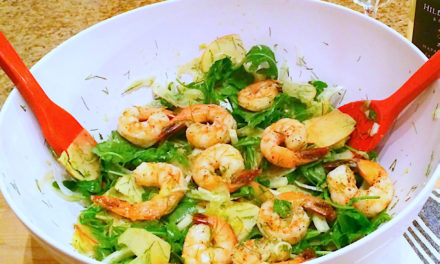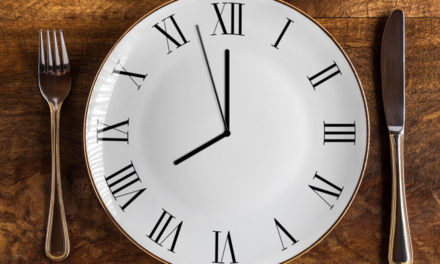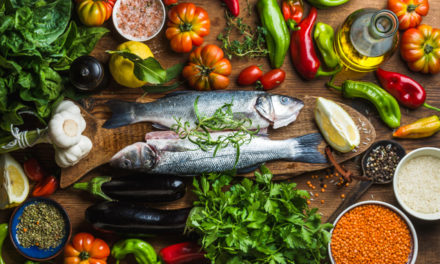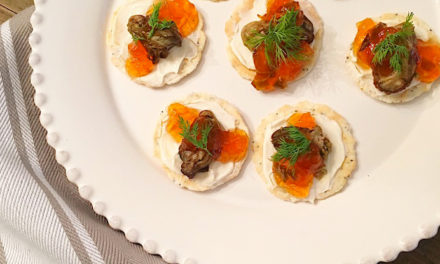In the ’80s and ‘90s, it was fat. In the ‘00s, it was calories. Now…it’s sugar. The latest diet trends are often pursued in the name of health and weight loss, yet it seems every time you turn around, there’s a new lifestyle change that promises everything and usually delivers nothing. Sugar has become the scapegoat for weight gain, hyper children, chronic diseases, and everything in between. Yet sugar is in many foods that bring us nourishment, joy, and satisfaction. While going sugar-free may be the newest craze, perhaps it’s not the best solution to finding a nourishing and peaceful relationship with food.
Sugar Foods
All carbohydrates—brown rice and cupcakes alike—break down to sugar, and sugar is the body’s currency for energy. Regardless of whether the sugar comes from agave, honey, coconut, or corn—its role in the body is the same: energy and enjoyment! Because most food groups including dairy, plant-based proteins like beans or nuts, fruit, vegetables, and grains all contain carbohydrates, sugar-free or low-carbohydrate diets are hard! A sugar-free diet would require the elimination of several food groups, leading to fatigue, lack of focus, and nutrient deficiencies. Normal eating includes eating a wide variety of foods including carbohydrates, sugars, and even added sugar that both fuel the body well and provide enjoyment and satisfaction.
Sugar Swaps
According to the latest scientific evidence, most artificial sweeteners are recognized as safe. For example, it’s not until 15–20 sugar-free sodas per day that one’s health and safety are considered at risk. We live in a diet culture where foods are often categorized as good and bad, so companies selling artificial sweeteners and sugar substitutes promise all the sweetness “without the guilt” in their marketing; however, they don’t tell you that eating sugar substitutes can lead to a disruption in the body’s ability to recognize true satiety and pleasure. Here’s more information on several sugar swaps…
| Known as… | More about it… | |
| Aspartame | Equal | 200 times sweeter than sugar Used in many diet sodas |
| Saccharin | Sweet ‘N Low | 300-400 times sweeter than sugar Used in sugar-free gums Was banned in the 1970s but is now recognized as safe |
| Sucralose | Splenda | 400-700 times sweeter than sugar Most commonly used sweetener Used in cooking and baking |
| Sugar Alcohols | Erythritol, mannitol, sorbitol, xylitol | Contains about half the calories as regular sugar. Many foods advertised as “sugar-free” contain sugar alcohols. The small intestine cannot absorb sugar alcohols, ultimately negating the calories. Side effects of these sugar-free additives may include extreme gas, bloating, and diarrhea. |
| Stevia | Truvia | 200 times sweeter than sugar Highly refined stevia leaf extract called Reb-A |
| Monk fruit extract | 150 times sweeter than sugar Risk of food allergy if already allergic to melons, cucumbers, or gourds |
As a Certified Intuitive Eating Counselor, I encourage individuals to explore their motivation to use artificial sweeteners and support them in eating and enjoying “the real deal.”
Sweet Truth
When we become hyper-focused and emotionally dependent on food, restriction is usually at the root. Cravings, like other sensations, come and go. At Memphis Nutrition Group, we view cravings like an itch. Encouraging you to enjoy the foods you crave, we also get curious as to how these foods feel in our bodies. The longer we ignore a simple, small itch the more urgent and uncontrollable the need to scratch feels.
Have you ever avoided a craving, maybe swapping out a cookie for an apple? Did it satisfy your craving or leave you with an even larger craving? Usually, it’s best practice to lean into our cravings, and simply savor and enjoy. It takes patience and self-compassion to learn how to listen and respond to cravings, but you can be trusted with them! It’s normal and natural to enjoy foods with sugar, and our bodies are hardwired to be dependent on carbohydrates (and fat and protein, too!) for fuel. Rather than avoiding sugar, consider getting curious about your beliefs around sugar. Making peace with sugar, and food in general, is taking a huge step toward a healthful and delicious relationship with food.
Caroline Pruente, MS, RDN, LDN is a nutrition therapist and Registered Dietitian at Memphis Nutrition Group. Memphis Nutrition Group believes in a non-diet approach that promotes overall health and optimal performance without compromising the enjoyment of food. For more information call Memphis Nutrition Group at 901.343.6146 or visit MemphisNutritionGroup.com.

